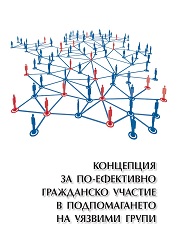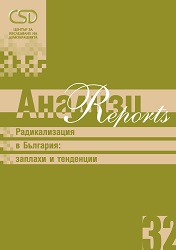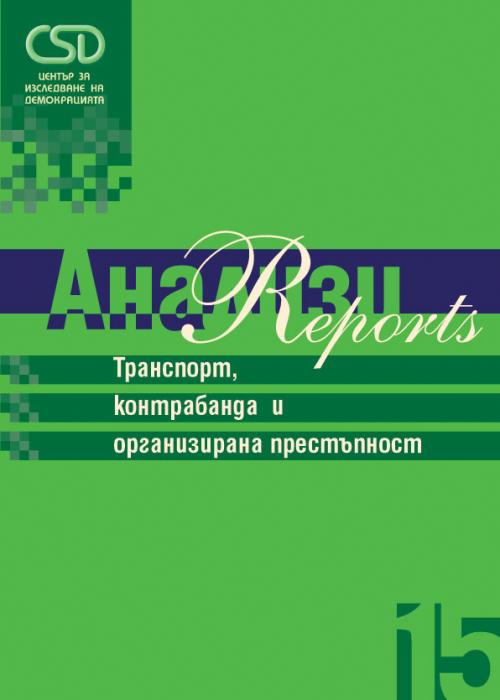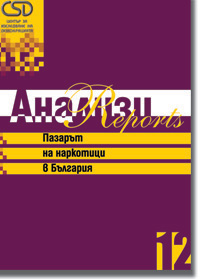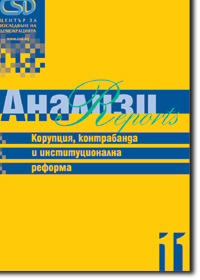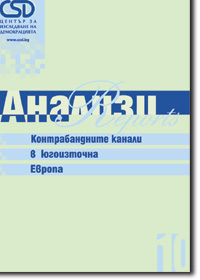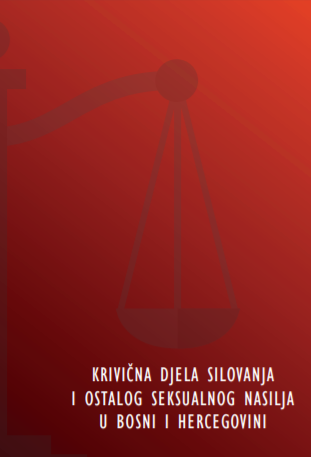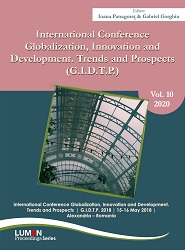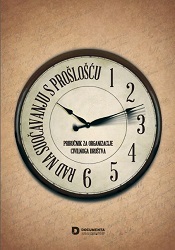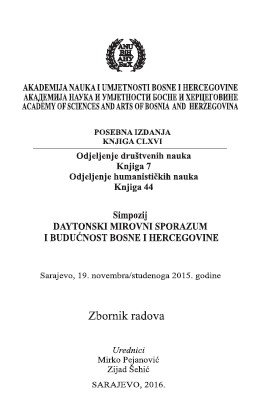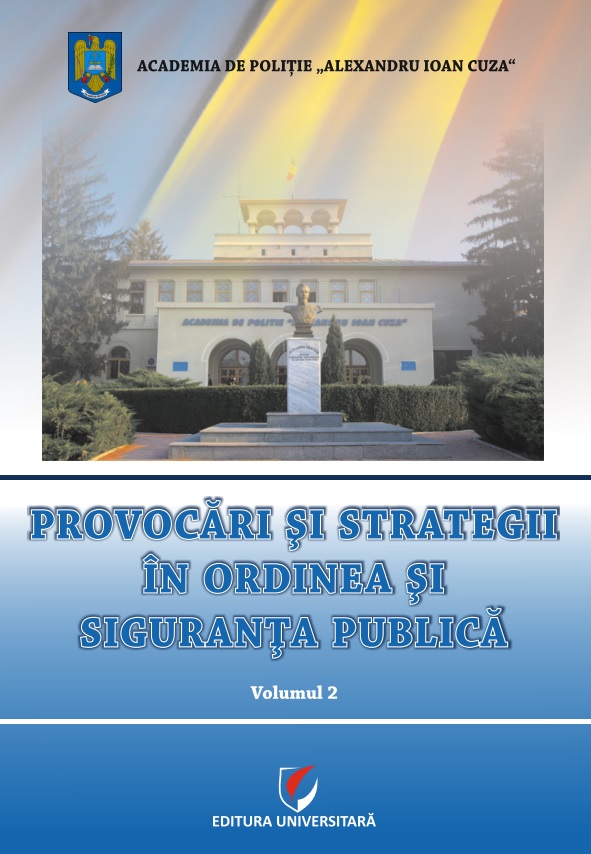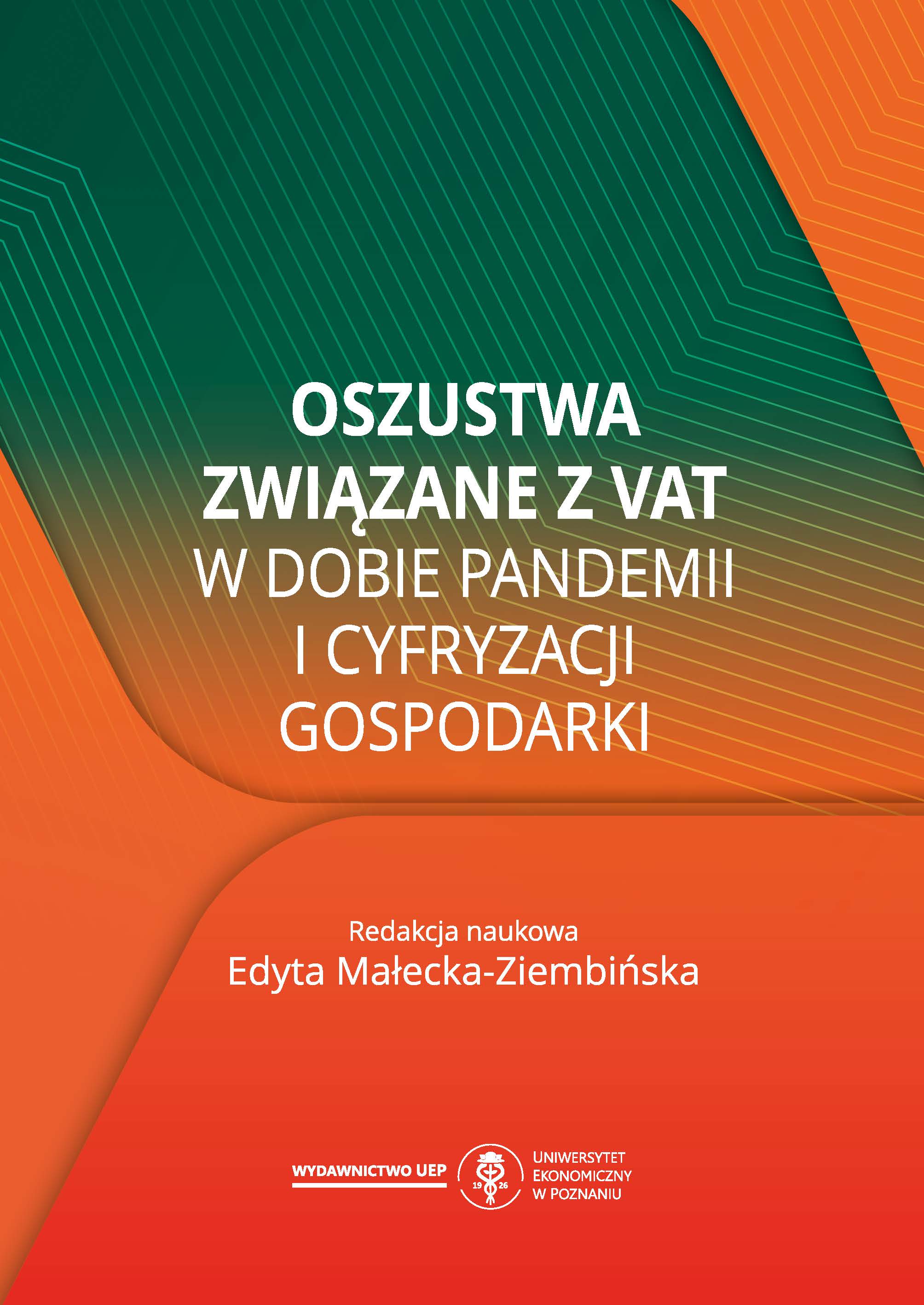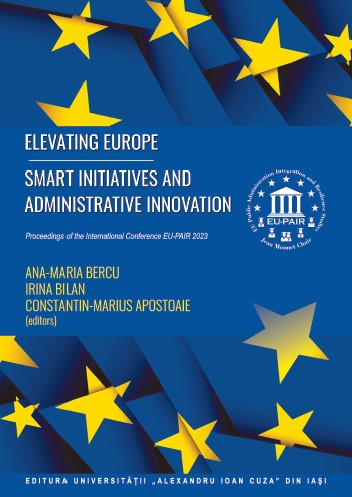Author(s): / Language(s): English
This handbook offers only some of the possible answers to the question how to deepen the discussion on the past in polarized societies where denial and/or relativization of crimes is an everyday practice and where one can hear exclamations such as "There is only one truth!" more often than questions "What has happened to you and your family?" The pages you are reading have been written for all those who have doubts and question a black-and-white picture of a 'better past', subject to adjustments and polishing in order to makes 'us' look more positive and 'them' negative. The handbook deals with some of the possible ways in which facts can be documented, suffering of every victim and survivor acknowledged and dignity of every person respected. The idea for publishing this handbook was born on my way to Canada where I was supposed to present the process of dealing with the past in Croatia and the neighbouring countries, from my own perspective, to colleagues from both North and South America and other continents. Interest into our experiences, expressed by ancestors of children who were taken from Indigenous peoples’ villages near Vancouver, with "the best intentions of better education", as well as by artists from Colombia who work with traumatized families of the killed and missing and by priests who are preparing a truth commission in Burundi, but also positive reactions from Bjelovar, Pakrac, Osijek and Sarajevo, encouraged us to write this handbook. National Foundation for the Development of Civil Society also recognized the importance of learning through exchange of experiences and supported this handbook. Texts in the handbook describe experiences of people who have, for decades, been trying to find ways in which to talk about hidden, unpleasant facts and crimes committed in their neighbourhood. The authors have gathered in initiatives such as that for the return of the name of the Victims of fascism square in Zagreb or Antiwar campaign Croatia and started organizations such as Centre for peace studies, Delfin, Pravda and MIRamiDA Centre. In an attempt to initiate the process of dealing with the past and to establish a fact-based truth about the war and contribute to shifting public discussion from the level of dispute about facts towards a dialogue on interpretations, these organizations founded Documenta – Centre for Dealing with the Past (hereafter Documenta). It was established in order to systematically deal with violence inherited in the period since the beginning of the Second World War until today. The key reason for making this effort was experience in silencing and forging war crimes and other war events in the period from 1941 until 2000, which has affected the recent history of Yugoslavia, but also of post-Yugoslav states and societies. During their work, the authors have opened questions which are, at the same time, difficult and important for everyone. Experiences which they have documented cannot be implemented universally, but can perhaps serve as an inspiration for opening up the dialogue about the past and about the adequate ways of remembering those killed in different locations. Since they are aware that there are no uniform recipes for thinking about the past and selecting the way in which to discuss difficult issues, they sometimes start from their own position and position of their own family, and sometimes point to global problems. The order in which you choose to read the text is not important. Regardless of whether you choose to first read about personal, family, institutional or social sphere, the texts will lead you to taking a stand towards violence in all spheres. Considering the fact that we still live in exclusive societies in which security is often based on closing oneself in a group of people of the same nationality and/ or those who think alike and who do not refrain from radical nationalism, ideological exclusiveness, degrading people of different nationality, making fun of ideological opponents or denying facts on committed war crimes, our starting point, in the work we do, was acknowledgement and emphasis of human dignity of those who were killed, suffered or were abused, regardless of the side on which they found themselves due to their belonging, geography, choice or political beliefs. The same values may also be your own starting point. Since respect of dignity and equal rights is the foundation of freedom, justice and peace, all human beings are born free and equal in dignity and their rights, as stipulated in the Preamble and Article 1 of the Universal Declaration of Human Rights, adopted at the UN General Assembly on December 10, 1948. While a struggle for recognition of rights which are stipulated in this declaration is still going on, we can ask ourselves how many more decades will need to pass in order for the ‘new’ rights to truth, just court proceedings, reparations and guarantee to non-repetition of crimes, which are being affirmed within the U.N. in the past ten years, to become a worldwide recognized standard? Even if we are talking about a century of advocacy, we should not be discouraged by the slowness of changes, because taking a stand to violence on an every-day basis means a lot to those who have been hurt. Even in times of dictatorships, the destiny of those who suffered becomes visible only when others, outside one’s family circle, recognize it as such. Building mutual trust after a war and conflicts is connected to the acknowledgement of victims’ past suffering, and in Croatia and other post-Yugoslav countries, contemporaries of three cycles of violence, the Second World War, post-war violence over political opponents and the 1990s wars, are still alive. The decision on how far in the past one should go when conducting research is not an easy one. In social processes of dealing with difficult past violence, it is not easy, and sometimes even impossible, to single out only one group of crimes, especially in disputes which touch upon traumatic experiences of participants themselves. Every initiative for deepening a dialogue about the past will decide what would be a relevant period in the context of its own country. In countries with the history of colonialism or slavery, it will, for example, be necessary to take into account more layers of history. In this handbook, the authors primarily use examples from Croatia regarding three layers of the past, the contemporaries of which are still alive. In other countries, it will perhaps be possible to focus only on the last cycle of violence or it will be necessary to look back a couple of centuries back, for example to the period when colonization started. In our work thus far, it has become clear that personal, family, institutional and social dealing with the past is not only important for the protection of rights of those groups which suffered during wars or political violence, but is also important for the process of civilizational development of a society as a whole. Open, inclusive societies in which horizontal communication about all, even unpleasant topics, is encouraged, are more successful in every respect. When working through a trauma, through dealing with the past, we affirm inclusiveness and openness of a society, as a general good which should be protected. However we engage in the process of dealing with the past, it will demand from us to condemn spreading of hatred. Regardless of whether we decide to have private conversations within our own homes or to critically examine the most important decisions adopted by government institutions, the first step we make could be to condemn violence. It is less important whether this condemnation will influence our relationship with ourselves and our closest family members or whether we find a way to express this condemnation by critically commenting on the world around us. What is important is this essential step of condemning all forms of violence. The scope of your intervention, research or action will depend on your ability to include and motivate others. It is not important whether the initiative will start from one person’s wish to document his/her memories for future generations1 , from a conversation between two worried individuals2 or from years-long preparations of experienced organizers for founding a researchdocumentation centre which would systematically monitor trials and document human losses. In moments of revolt caused by a general lack of respect for values that you find important, decisions on taking action will be made in a second, while decisions on starting new organizations may take several years. But before diving into an examination of methodology, the question that should first be asked is the one about the purpose of dealing with the past. One of the possible answers, which has emerged throughout the work of human rights organizations, is that dealing with the past lessens the burden of the past, which stalls complete development of societies affected by war and political violence. Only by revealing systematically hidden and silenced information on human suffering and by gradually accepting facts about committed crimes are we creating a chance for personal and social healing, as well as providing space for realizing the rights of young people on learning about fact-based history. Emina Bužinkić, Igor Roginek, Goran Božičević, Ana Bitoljanu and Vesna Teršelič are the editors of this handbook. It contains texts on factography of suffering, recoding of personal memories, preparation of public advocacy and war crimes trials monitoring. We believe the handbook to abound in different styles, approaches, language and experiences and hope you will find it helpful.
More...
